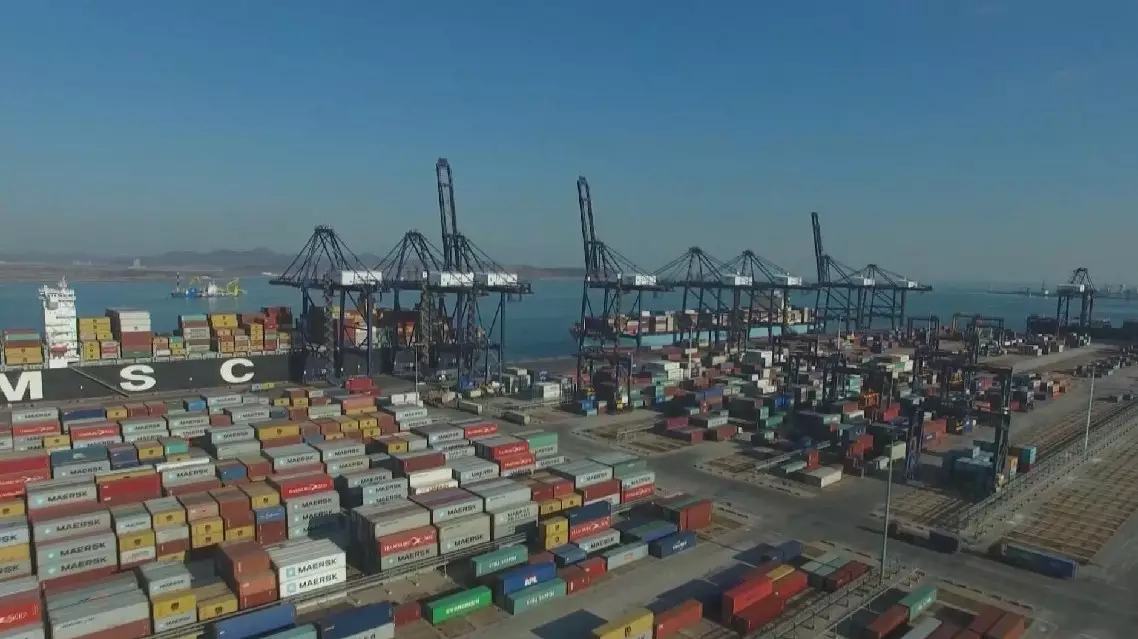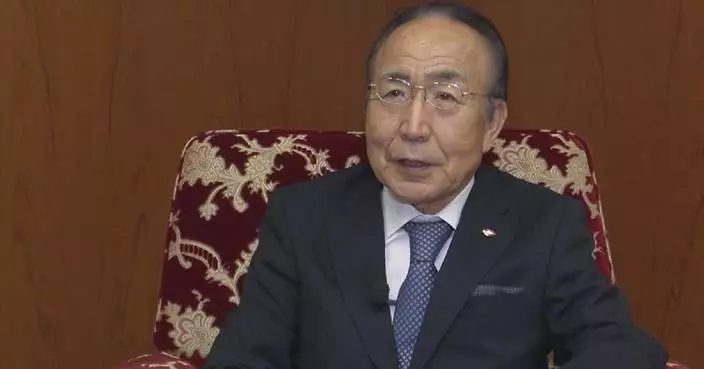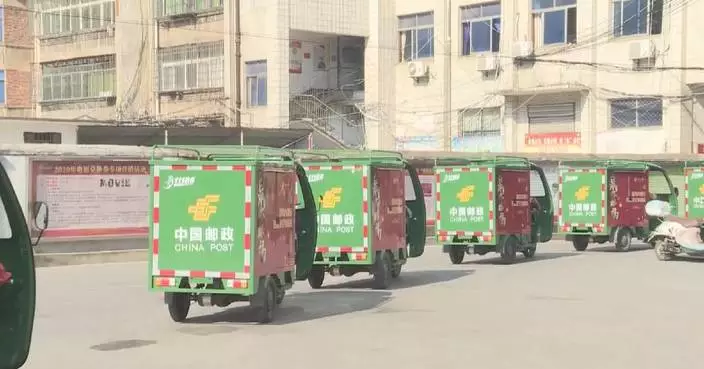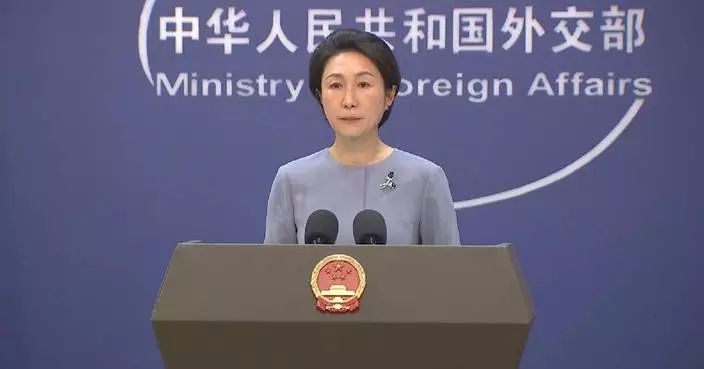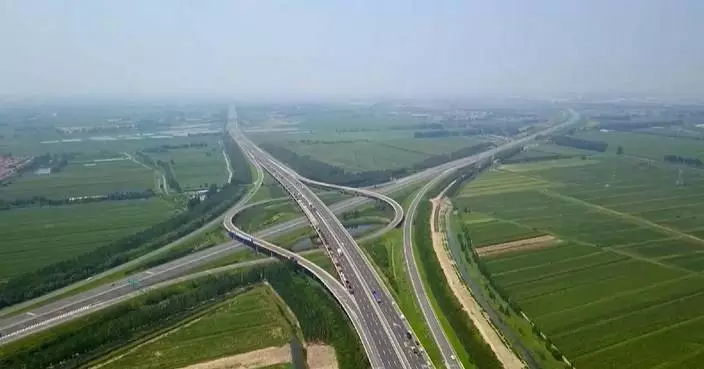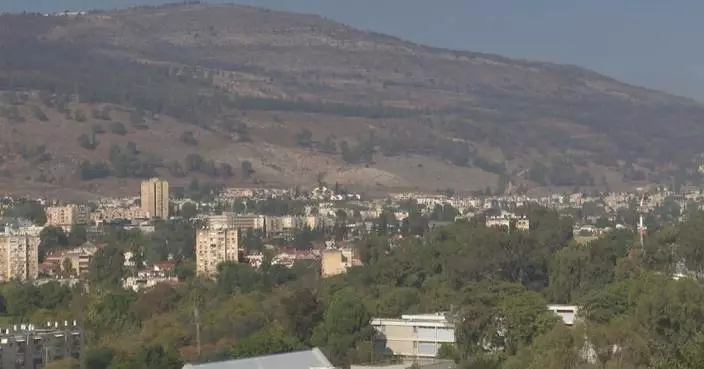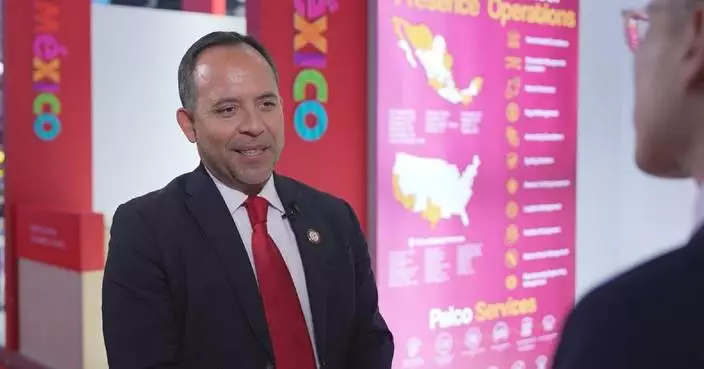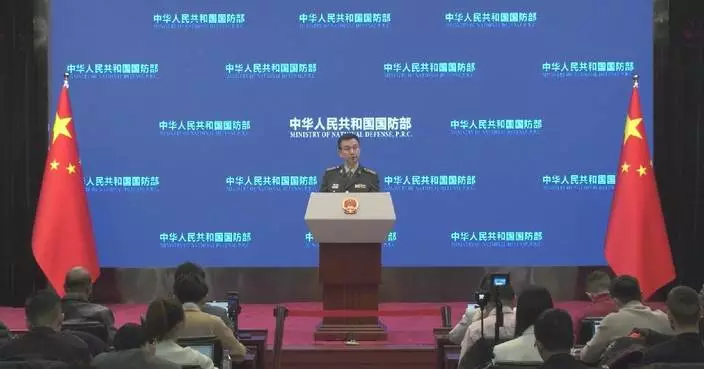China has shared its development experience and helped construct rural road infrastructure in other developing countries over the years, contributing substantially to poverty reduction, people's wellbeing and sustainable global development, said a white paper issued on Friday. China has made great efforts in standardization and promoted innovative, cooperative, green and open development powered by standards, according to the white paper titled "China's Rural Roads in the New Era" issued by the State Council Information Office.
These efforts include providing technical standards for highway engineering suited to different national conditions, according to the white paper.
China's highway standards have been applied in hundreds of projects in dozens of countries around the world, including Indonesia's Surabaya-Madura Bridge Project and Mozambique's Maputo-Katembe Bridge Project, according to the white paper.
China has also played an active role in building new platforms and mechanisms for global transport cooperation and in promoting knowledge and experience sharing.
For instance, the country has established the Global Sustainable Transport Innovation and Knowledge Center as a platform for cooperation and exchanges and for sharing China's experience in rural road development with the international community, the white paper said.
China has also shared its experience through international training sessions. The country has held 28 training sessions, including a training program on road design and management in Botswana, and an advanced training program on highway engineering for countries participating in the Belt and Road Initiative, the white paper said.
Additionally, China has supported and participated in rural road construction projects, and provided aid and assistance to a large number of rural road infrastructure projects in other developing countries.
Since 2018, China has supported 24 developing countries including Cambodia, Serbia, Rwanda, Namibia, Vanuatu and Niger in highway and bridge construction and maintenance, helping such countries improve transport infrastructure, according to the white paper.
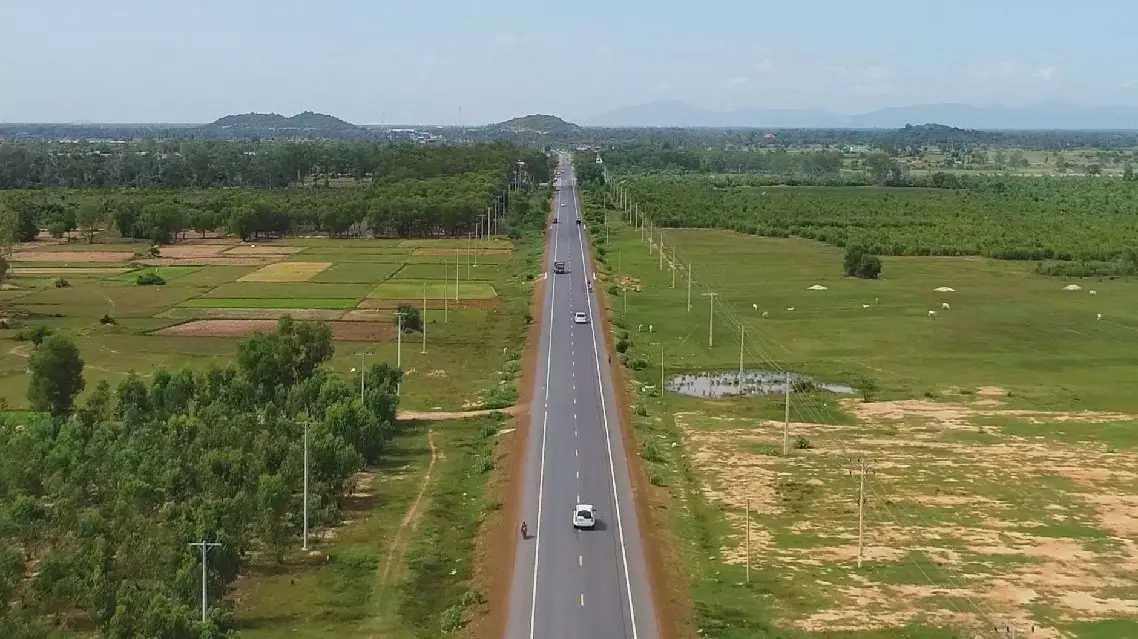
China dedicated to improving rural transport infrastructure in developing countries: white paper


